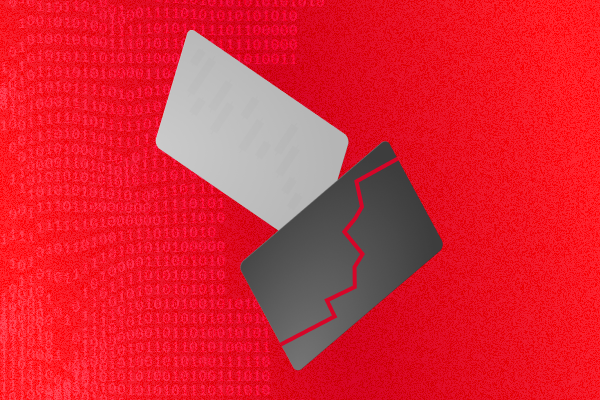Trading Signals 05/02 – 09/02
Forex Cards: What is it?

In the era of digital finance and cashless transactions, Forex Cards have emerged as an essential tool for international travelers. These prepaid cards, preloaded with foreign currency, offer a secure and convenient way to carry money abroad. Accepted worldwide, Forex cards can be used just like regular debit or credit cards to pay for expenses or withdraw cash in the local currency from ATMs. They offer a modern solution to the age-old problem of managing finances while traveling, providing a safer and more efficient alternative to carrying large amounts of cash or using personal debit or credit cards.
Diving Deeper: Understanding the Varieties of Forex Cards
Forex cards come in two primary variants: Single Currency Cards and Multi-Currency Cards. Single Currency Cards are preloaded with a single foreign currency and are ideal for travelers who are visiting just one foreign country. On the other hand, Multi-Currency Cards can be loaded with multiple foreign currencies simultaneously. This feature is particularly beneficial for globetrotters who plan to visit a few countries on a single trip. The ability to switch between currencies at will eliminates the need to carry multiple cards or worry about currency conversion.
The Alluring Advantages of Forex Cards
Forex cards offer a plethora of advantages over traditional forms of carrying money. One of the key benefits is the ability to lock in the foreign exchange rate on the day of loading the card. This feature provides protection against the volatile forex market, ensuring that travelers are not affected by rate fluctuations during their trip. Additionally, Forex cards do not attract foreign transaction fees or currency conversion fees, making them a cost-effective choice. They are also secured with a PIN and can be blocked and replaced if lost or stolen, offering a level of security that cash simply cannot provide.
Forex Cards vs. Debit and Credit Card
When compared to regular debit or credit cards, Forex cards offer a multitude of benefits for international travelers. Debit and credit cards often levy high foreign transaction fees and offer unfavorable exchange rates. Forex cards, on the other hand, circumvent these issues, providing a more economical and efficient solution. However, it’s always recommended to carry a debit or credit card as a backup, as some establishments may only accept these forms of payment.
Loading and Reloading Forex Cards
Loading money onto a Forex card is a simple and straightforward process. Travelers can load the card with their chosen foreign currency at their bank or a foreign exchange bureau. The card can also be reloaded with additional funds if needed, providing flexibility during travel. However, it’s important to note that loading and reloading may take some time, so it’s advisable to plan ahead.
Choosing the Right Forex Card
Before applying for a Forex card, travelers should thoroughly research the features and benefits offered by different banks and exchange bureaus. Factors to consider include the exchange rates offered, the fees and charges associated with the card, and the ease of loading and reloading the card. Some providers may also offer additional benefits such as insurance coverage, making it important to compare options before making a decision.
Recap
In conclusion, Forex cards offer a host of benefits that make traveling abroad safer, easier, and more convenient. Whether you’re a student, a business traveler, or a vacationer, a Forex card can simplify your financial management and enhance your travel experience. As we move towards a more globalized world, the importance of tools like Forex cards will only continue to grow. So, the next time you plan an international trip, consider getting a Forex card and experience the difference it makes.
Oil: A Review of Early 2024
China’s Economy: Early 2024
Simple Strategy for Beginner Traders

